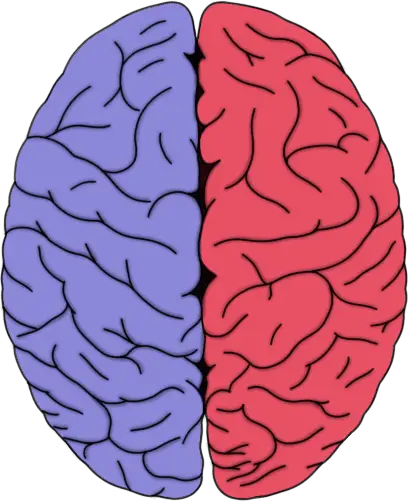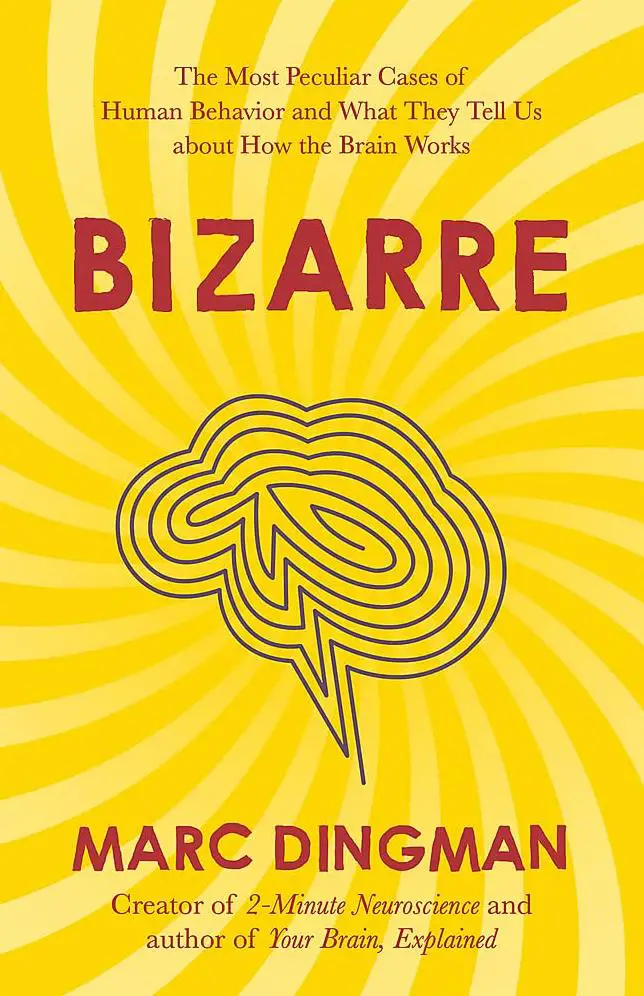Posterior columns - definition
AKA dorsal columns, the posterior columns refers to the posterior spinal cord, which contains ascending sensory pathways that carry information about tactile sensations and proprioception. In the medulla, the posterior columns will synapse and the information they carry will be passed to the medial lemniscus, which then proceeds to carry the information up to the thalamus.


